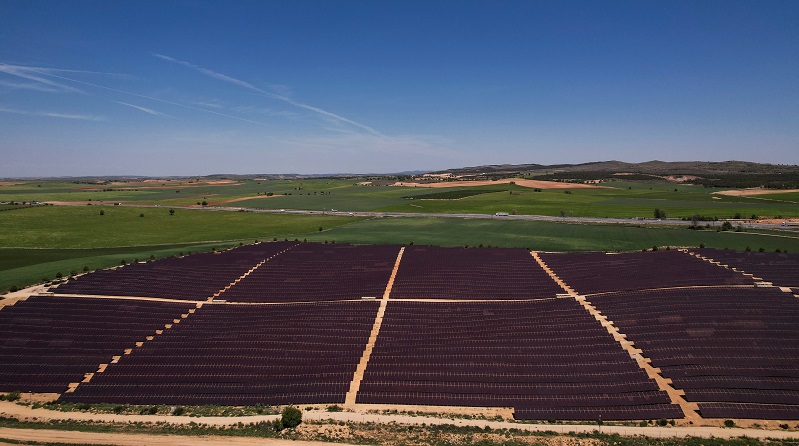London’s High Court has ruled that two investors in Spanish solar energy plants are entitled to seize a Spanish property in London to enforce a judgment in a long-running dispute over renewable energy incentives.
The court’s interim charging order – meaning it is not yet final and can be objected to by the debtor – was issued on Wednesday but made public on Friday.
The judgement was issued under the controversial energy charter treaty (ECT) which protects investments in both clean and polluting types of energy.
The Spanish state-owned land that can be seized by the foreign investors – Infrastructure Services Luxembourg and Energia Termosolar – houses the an international private school located in a former Dominican convent.
Nick Cherryman, one of the lawyers representing the investors, said the step was “only necessary because Spain, a recalcitrant debtor, refuses to honour the judgment against it”.
The investors took Spain to arbitration under the ECT nearly 10 years ago for withdrawing subsidies for renewable energy.
Spain, which relies heavily on foreign energy sources, tried in the early 2000s to lure renewables investors with a programme combining subsidies, tax breaks and guaranteed fixed feed-in tariffs.
But after the 2008 financial crisis, it started altering the framework under which renewables could receive support, which some investors saw as a violation of their legitimate expectations.
UK government bets on ‘pragmatic’ climate inaction ahead of election
The World Bank’s International Centre for Settlement of Investment Disputes (ICSID) awarded the investors 101 million euros plus interest in 2018, with the award later being registered at London’s High Court.
Spain tried to overturn the award citing sovereign immunity, but the High Court dismissed Madrid’s application in May.
Alongside other European countries, Spain has announced its intention to leave the treaty – although both renewable and fossil fuel investments will remain protected for 20 years under the treaty’s so-called sunset clause.
The European Commission negotiated reforms to the ECT last year which allowed countries to stop protecting fossil fuel investments while continuing to protect renewables.
But these reforms were rejected by Spain and other EU countries, who decided to leave under the unreformed treaty and try to limit the effects of the sunset clause through agreements with other EU member states.
